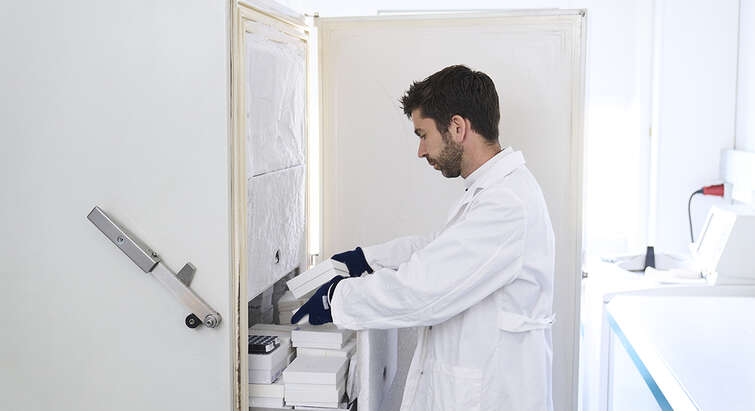
News about Diabetes
Viser 1 til 24 af 61 dokumenter.

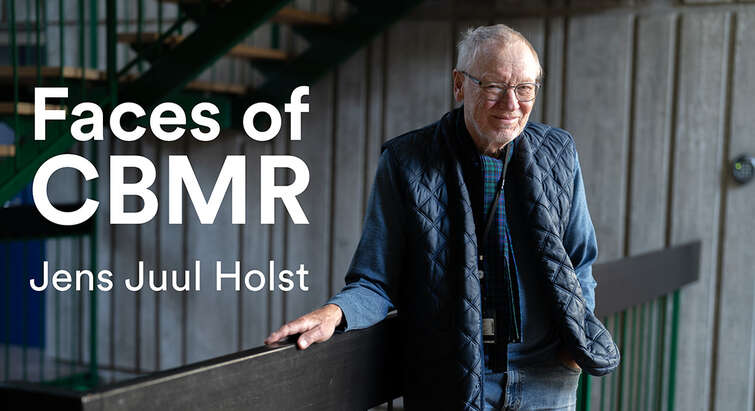
"We were walking in the streets, chanting 'research for the people, not for profit'"

Ancient arctic adaptations may influence modern disease risk
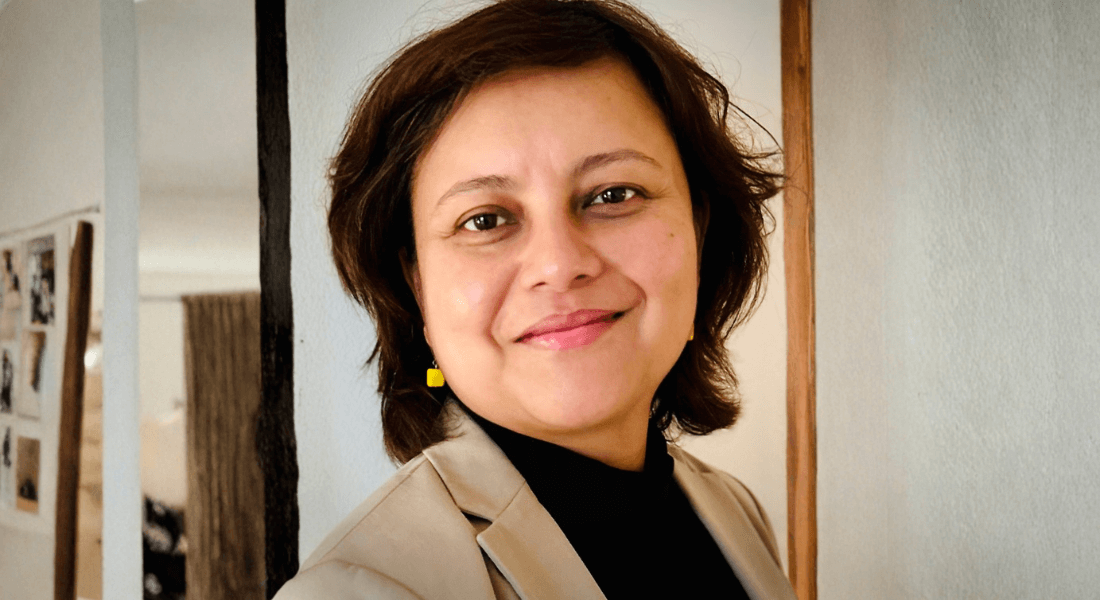
Manisha Nair: Improving women’s cardiometabolic health in pregnancy
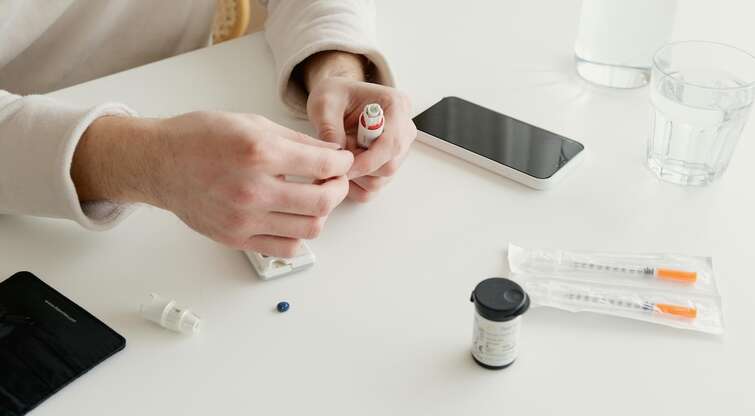
Discovery of new ciliary proteins suggests link between cell antennae and chronic diseases
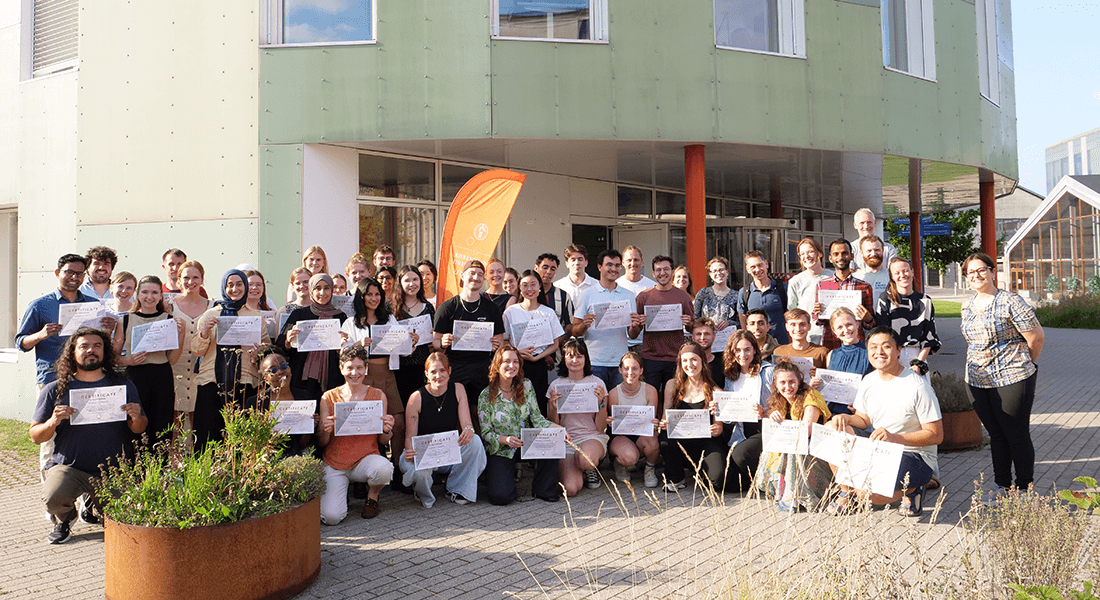
Students tackle chronic disease in conflict zones at Global Health Solutions 2025
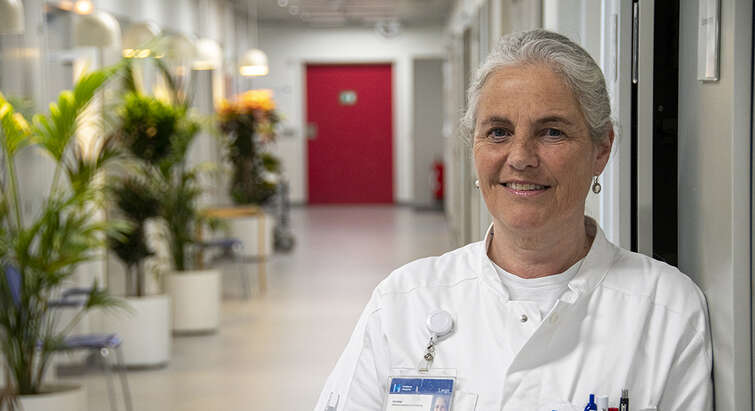
Interaction between cardiovascular disease and type 2 diabetes and chronic hepatitis B virus infection

Microbiome breakthrough: Gut bacterium may hold key to future treatments for widespread chronic diseases
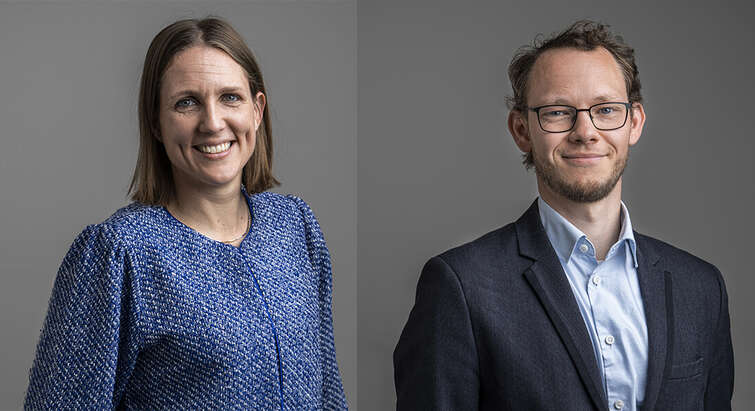
From early humanity to treating today’s metabolic diseases

From early humanity to treating today’s metabolic diseases
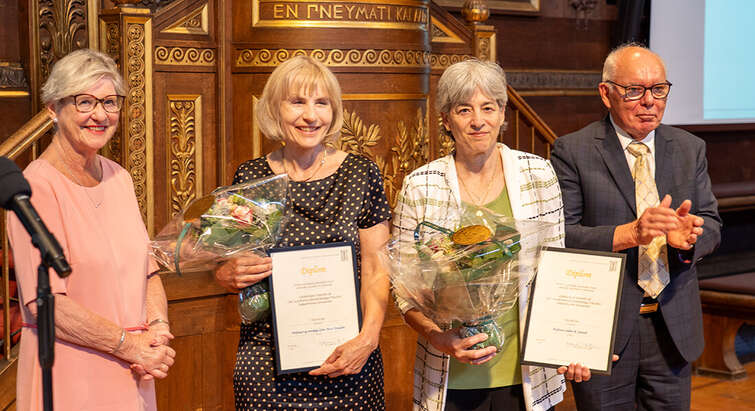
Clinical and preclinical research recognised with prestigious awards
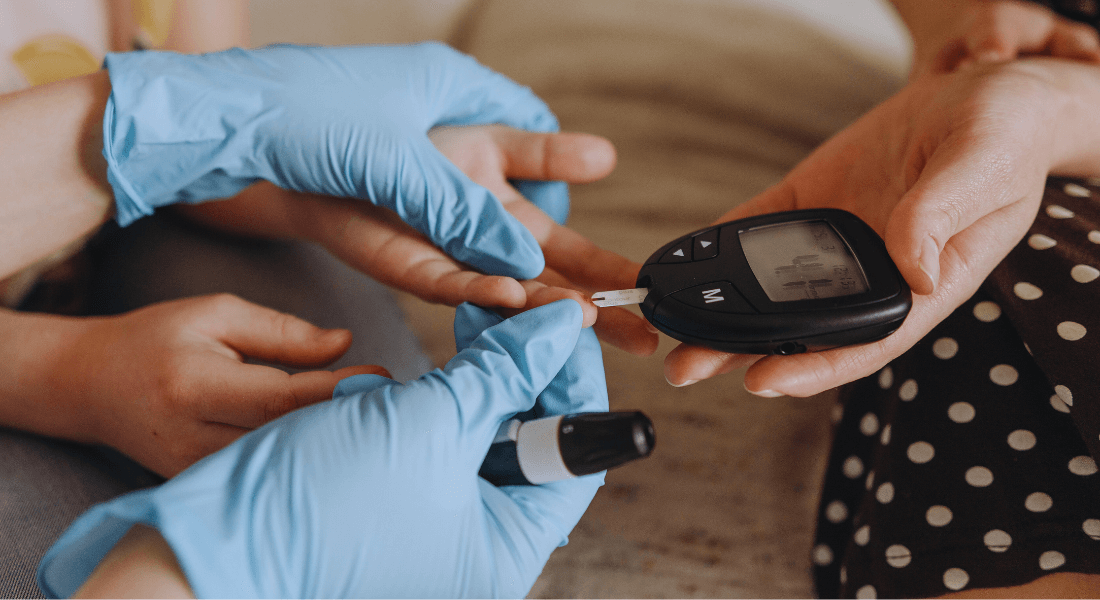
Newly discovered ‘molecular fingerprints’ could transform diabetes treatment and diagnosis
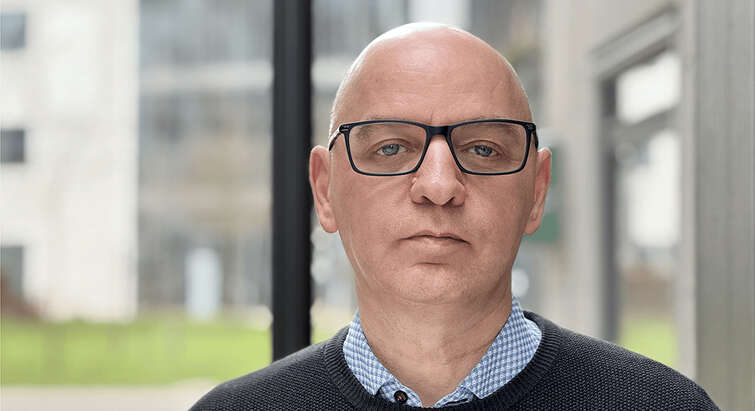
Anan Yaghmur is new Professor at IF
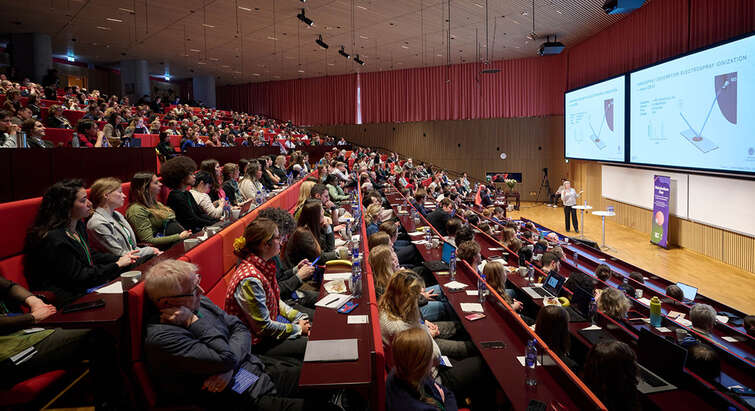
Metabolism Day 2025 - Some numbers and many thank yous
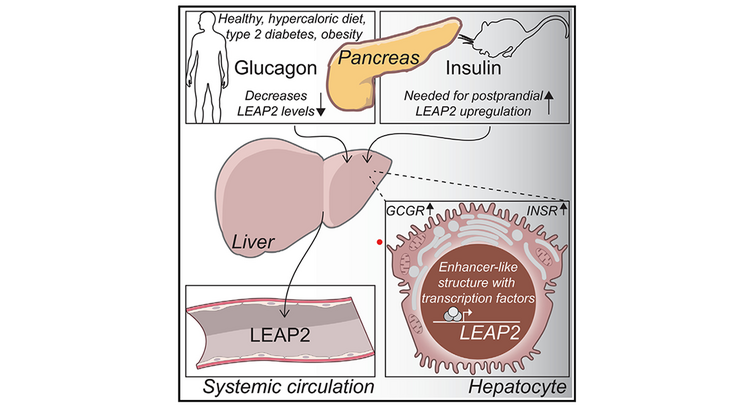
LEAP2: A new hormone with big implications for metabolism?
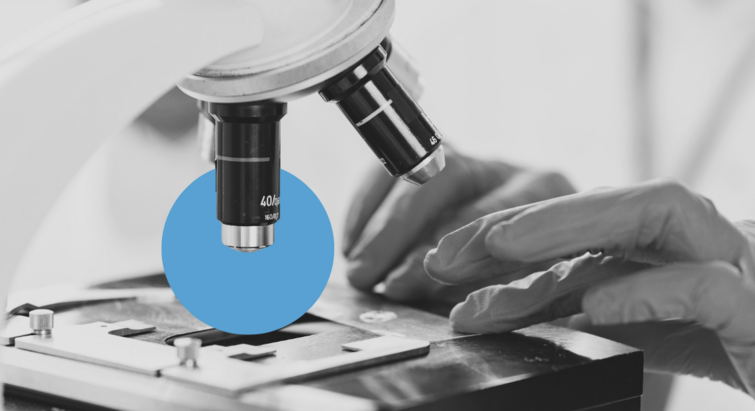
Diabetes and hormone disorder research receives millions in funding

Many Greenlanders Face 10 Times Higher Risk of Diabetes – Exercise May Be Their Only Solution

Salivary biomarkers as a diagnostic tool in type 2 diabetes

New weight loss drug target burns energy and lowers appetite – without the nausea and vomiting

Rethinking body mass index standards: Addressing hidden nutritional risks across populations
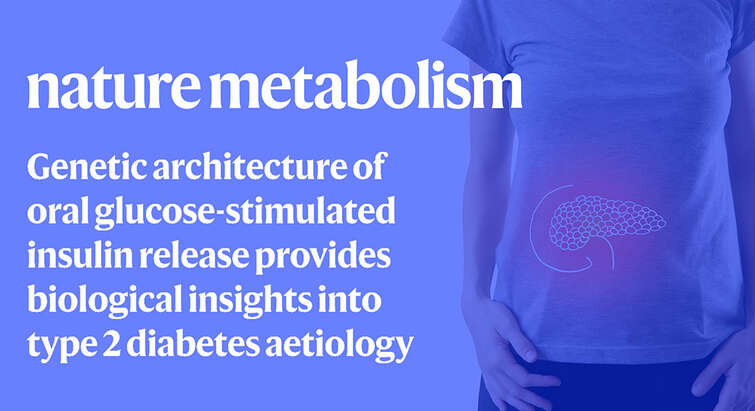
Genetic study of insulin-releasing beta-cells presents promise for personalized diabetes treatments

A simple blood test warns of possible cardiometabolic complications for children with obesity
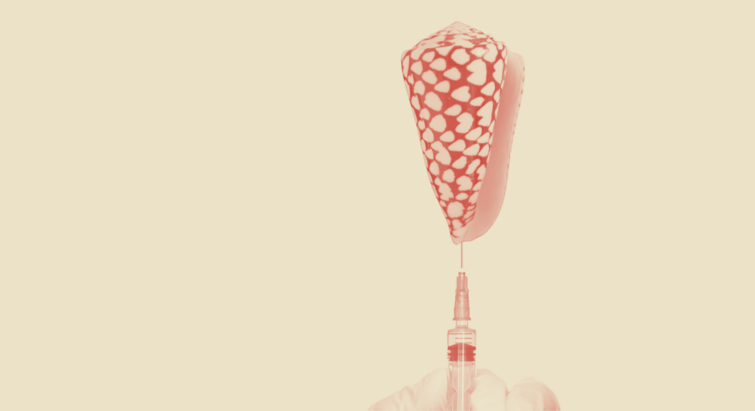
Cone snail venom may improve treatment for hormonal disorders
